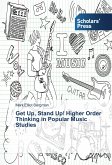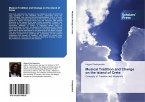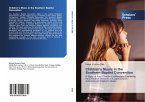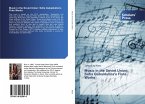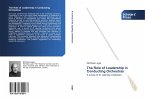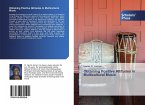In the centuries since the colonization of the New World, the people of Cuba created a strong musical tradition. Initially, their music mirrored the European composition canons of structural, melodic and harmonic order; however, the gradual confluence of the island s distinct cultural elements (European, African, and, to a lesser extent, Amerindian) led to the emergence of a new, distinctly Cuban musical aesthetic. This book examines the Cuban nationalist movement and its influence on the creation of art music by twentieth-century Cuban composers. Organized into three general sections, it defines nationalism and describes some relevant nationalist movements (with special attention to Cuba). It also provides a history of Cuban art music and a description of the characteristics of Cuban popular music. The work concludes with an in-depth examination of Cuban composer Mario Abril s Fantasía for clarinet and piano, whose use of folklore elements qualifies it as an example of Cuban nationalist art music.
Bitte wählen Sie Ihr Anliegen aus.
Rechnungen
Retourenschein anfordern
Bestellstatus
Storno


